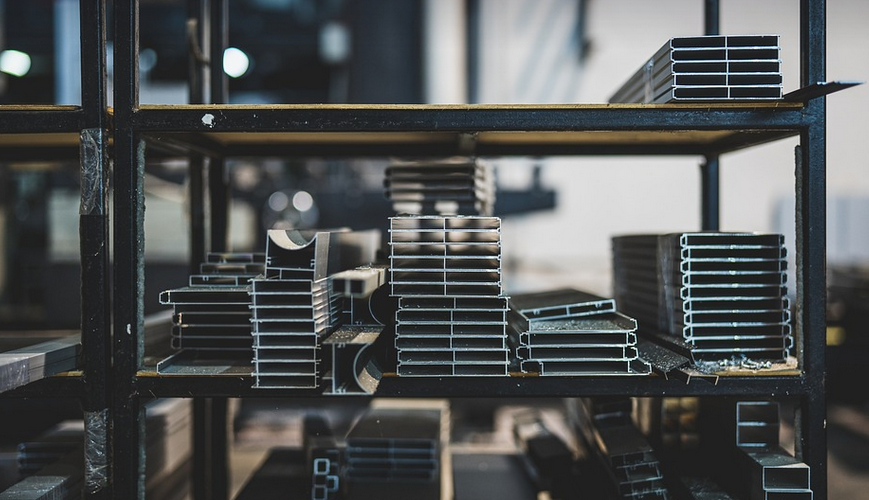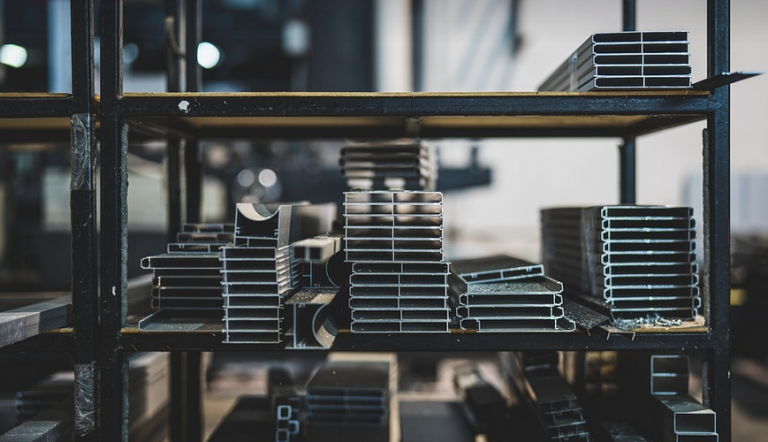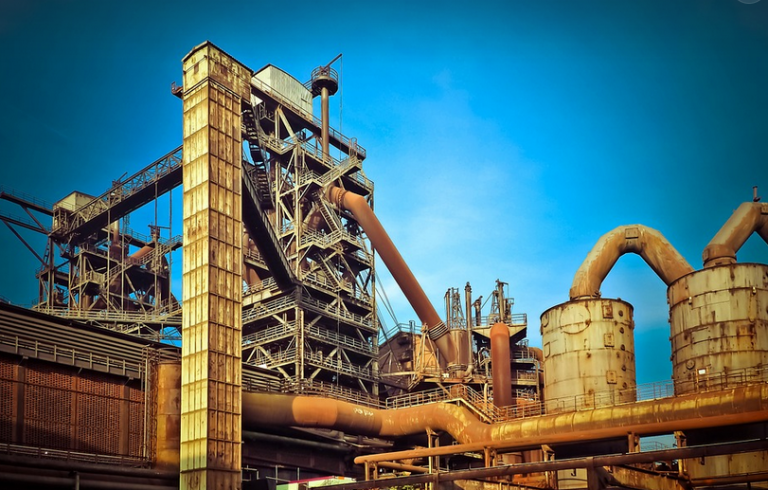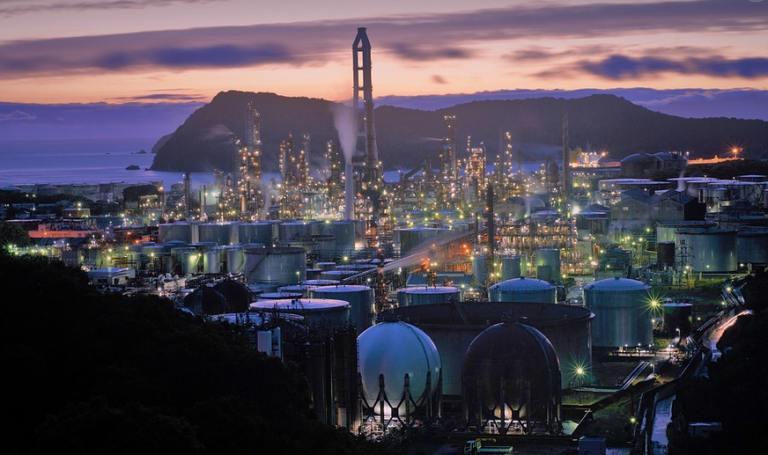
The Growing Importance of Advanced Solutions for a Sustainable Future
It’s no secret that plastic has become an indispensable part of our modern lives. From the packaging that protects our groceries to the clothes we wear, plastic plays a crucial role in our daily routines. However, this very convenience also poses a significant challenge: managing the massive amount of plastic waste generated worldwide. While mechanical recycling – which involves breaking down plastic into smaller pieces and reusing it for new products – has become an essential part of the solution, its limitations are increasingly apparent.
Mechanical recycling alone struggles to keep up with the ever-growing global plastic production and consumption rates. The process often focuses on a limited number of materials and faces challenges like contamination, reduced material quality, and energy-intensive processes. This begs the question: how can we go beyond mechanical recycling to create truly sustainable systems for managing plastic waste? Here’s where advanced solutions come into play.
One such solution lies in exploring “chemical recycling,” a relatively new technology that transforms plastic waste into valuable resources, often through processes involving high temperatures and chemical breakdown. This process helps recover materials like polyethylene (PE) and polypropylene (PP), which are used extensively in packaging, from waste streams where mechanical recycling is challenging or impossible.
Chemical Recycling: A Revolutionary Approach to Plastic Waste Management
The benefits of chemical recycling extend beyond the realm of material recovery. This method tackles not just the physical characteristics of plastic waste but also its complexity. Here’s a closer look:
- Unlocking Value from Difficult-to-Recycle Plastics: Chemical recycling can process materials that are difficult for mechanical recycling, such as those contaminated with food residue or mixed with other substances. This means finding new life for discarded plastic in ways we couldn’t imagine before.
- Reducing Reliance on Fossil Fuels: Chemical recycling minimizes the need for virgin raw materials derived from fossil fuels, thereby contributing to a reduction in carbon emissions and promoting sustainability.
- Economic Value Generation: By turning waste plastic into valuable resources, chemical recycling creates new economic opportunities, promotes circularity within industries, and fosters innovation in the field of sustainable products.
Chemical recycling is not just about creating new plastics. It’s about transforming a complex problem – managing a mountain of plastic waste – into a viable solution for future generations. It’s about understanding that plastic isn’t simply an issue we need to recycle; it’s something we can use again and again, leading to a more sustainable future.
Beyond Recycling: Innovative Solutions to the Plastic Waste Challenge
While chemical recycling stands out as a promising solution for tackling plastic waste, there are other innovative approaches that aim to reduce our reliance on virgin materials. These solutions complement each other and enhance the efficiency of our waste management systems:
- Upcycling: This technique involves finding creative uses for plastic waste by transforming them into products with new life, like furniture, park benches, or even clothing. The possibilities are virtually limitless.
- 3D Printing: Using recycled plastic as raw materials, 3D printers can be used to create custom objects and prototypes, from household items to complex medical devices.
- Bioplastics: These advanced alternatives are biodegradable and compostable at the end of their life cycle, reducing reliance on fossil fuels and minimizing environmental impact.
These solutions go beyond simply recycling plastic; they actively seek to reduce waste generation in the first place. This approach, coupled with a shift towards more sustainable practices within various industries, sets the stage for a truly circular economy where resources are utilized efficiently and waste is minimized.
The Future of Plastic Waste Management: Embracing Innovation
Looking ahead, the journey towards a truly sustainable plastic ecosystem demands a collaborative effort. Government policies, industry partnerships, and consumer awareness play crucial roles in driving this change. As we move towards a future where resource utilization is as vital as recycling, it’s about embracing innovation and finding creative solutions to ensure that plastic waste doesn’t become an environmental burden but rather a valuable resource.
Chemical recycling holds the potential to revolutionize our approach to plastic waste management, enabling us to create new value from existing materials. By expanding technological capabilities and fostering collaboration across industries and communities, we can pave the way towards a more sustainable future for generations to come.


